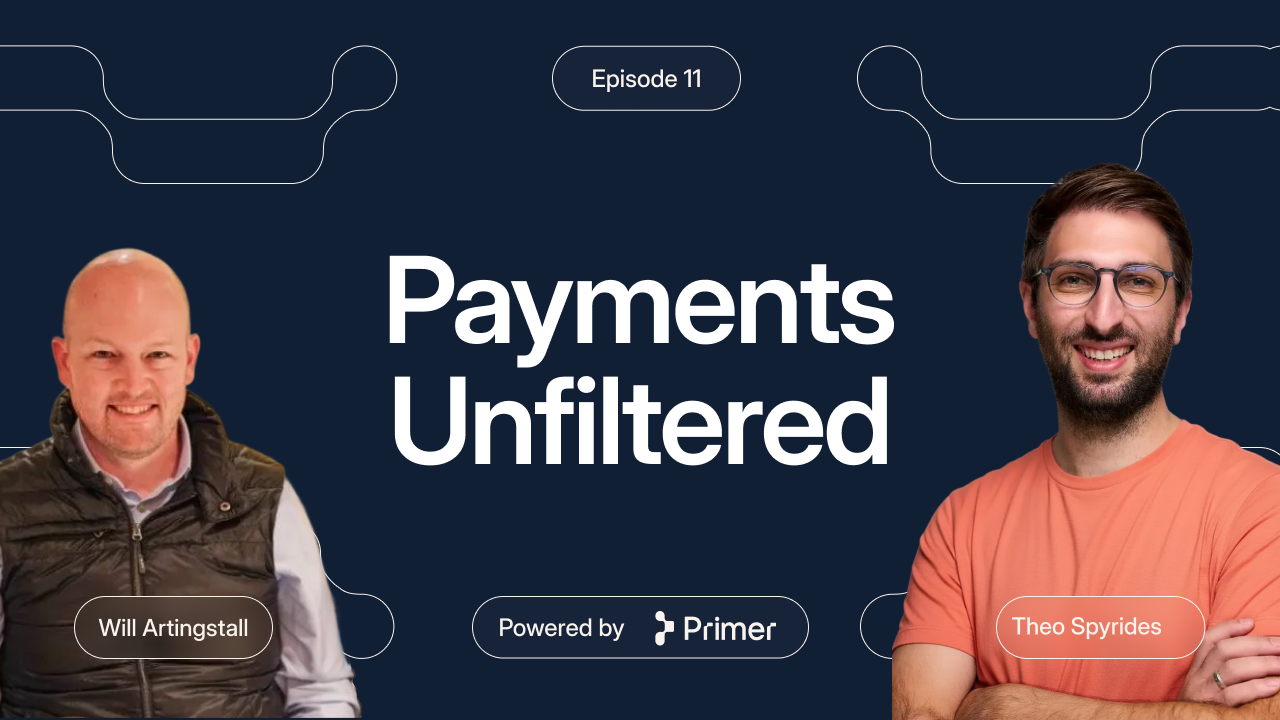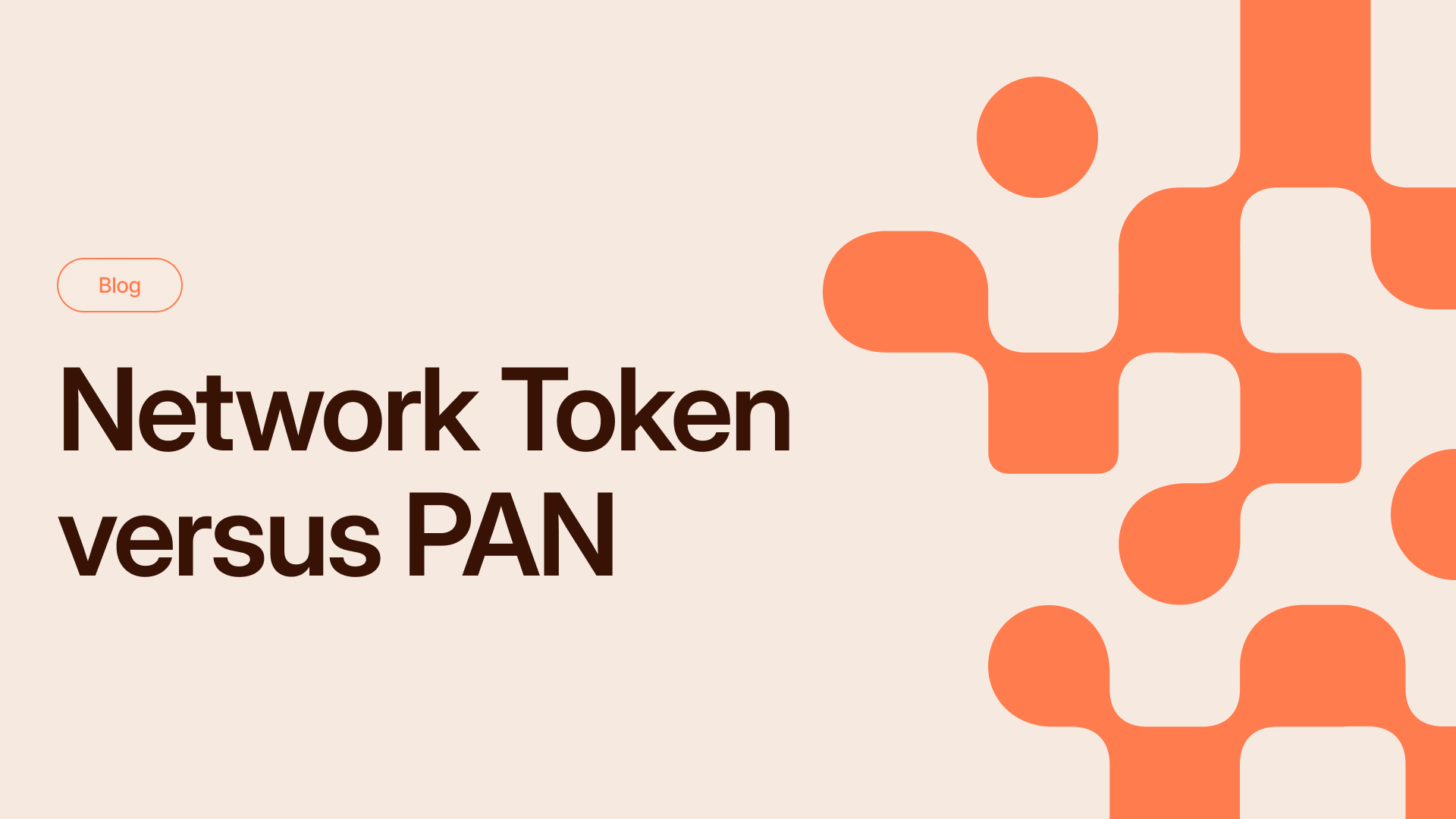Venture capitalists (VCs) have played a pivotal role in driving the rapid growth of the fintech and payments sectors. Their strategic investments have fueled much of the innovation we witness today, transforming payments into a growth lever for businesses globally.
In the next edition of Payment Personalities, we go behind the scenes with a fintech VC, speaking with Rob Moffat, a partner at VC firm Balderton. With over a decade of experience, Rob has been instrumental in backing some of the most promising startups across the UK and Europe, including Primer, Nutmeg, and Cleo.
Here’s what he had to say about his career, life as a VC, and the payments ecosystem at large.
Was it always your ambition to be a VC?
Not really. I began my career as a management consultant at Bain and then joined Google's European Strategy and Operations team. There were only 250 people in the London office then, and I worked on projects like monetizing YouTube following the acquisition.
But deep down, I’d always wanted to be involved with start-ups. I bounced around a few ideas but never found the right tech co-founder to make it happen.
When I was looking to leave Google, a company called Balderton got in touch. It seemed like an interesting place to work and an exciting role, so I joined the company and haven’t looked back. I’ve been here for 15 years, and I love it as I work with great start-ups and interesting founders daily.
You became a VC just after the financial crisis. What was that like?
The first year was brutal. Investment activity was scarce, and when opportunities did arise, they often involved down rounds—reminiscent of the market conditions we witnessed in 2023. Despite the adversity, it was during this time that some genuinely remarkable companies emerged. It serves as a reminder that adversity often breeds innovation, and impressive businesses are built during turbulent times.
Billions of dollars have now gone into fintechs. Has it generated the expected ROI?
The fintech sector has delivered favorable returns for VCs, explaining ongoing investment interest. However, for every success story, like Adyen and PayPal, there are many failures. That’s because payments are hard—there are no shortcuts—and building an outstanding payments business takes time.
You must see a lot of start-ups. Is there a process for making your investment decisions?
I see around 500 new companies a year—around two a day. It's a lot to sift through, but it's the best way to stay on top of what's happening in the industry and spot the next big thing.
Picking investments is not an exact science. We’ve tried to quantify it, but the reality is that every company and opportunity is different. You can obsess about metrics, but it usually boils down to the collective potential of the idea, the founder, the clients, and the product market fit. Primer is an excellent example of this.
Would you say you’re a payments expert?
Payments are really humbling. Every time you think you understand it, someone comes up with a new idea or acronym. While I may have a deeper understanding than many VCs, I know a lot less than people who work in the industry day to day.
You've been quite active in discussing open banking lately. What are your thoughts on the matter?
Over a decade since its launch, open banking, in the UK at least, has yet to reach its full potential. The UK was early to embrace the concept but late to drive consumer adoption, especially compared to countries like the Netherlands and Brazil.
Why the lag? A significant factor has been the level of support from banks. In those regions, banks have been more cooperative, whereas here, major banks have been hesitant to share their data and are exploring alternative avenues like digital currencies.
The recent disbandment of the open banking executive hasn't helped matters either.
Nevertheless, there remains considerable enthusiasm for Account-to-Account (A2A) payments, and we’re starting to see some interesting moves by some major brands to encourage their customers to use this payment method.
It's a reminder of the payments industry's inherently slow-moving nature—investment now may yield dividends in a decade.
What is the future of payments?
I see a phase of simplification and consolidation on the horizon. The expansion of payment services in recent times has led to a cluttered landscape. You just need to look at the cluttered checkout pages of some retailers to realize this. It’s not the experience consumers want, so I suspect we’ll see efforts to streamline and rationalize the array of payment solutions available, ultimately leading to a more user-friendly and cohesive payment ecosystem.
Want to learn more. Watch the latest edition of Payments Unfiltered on YouTube.




.png)
